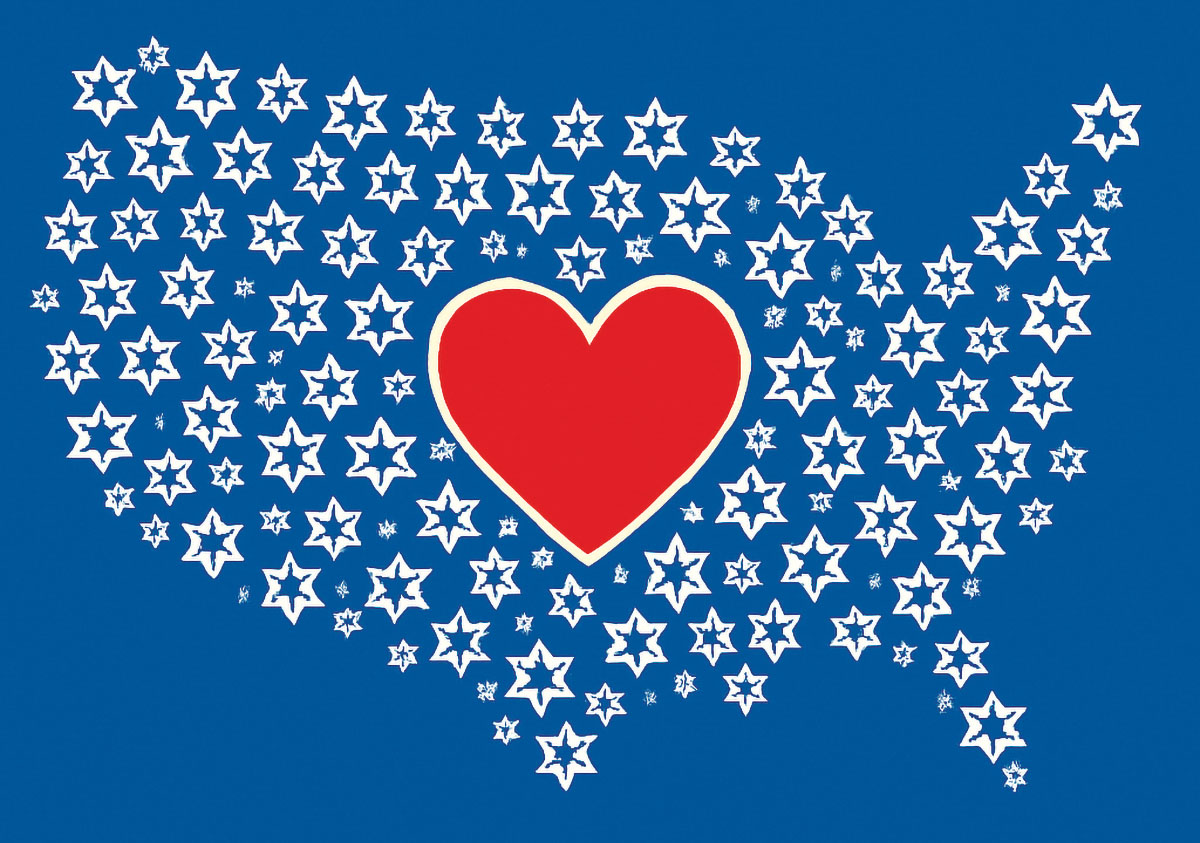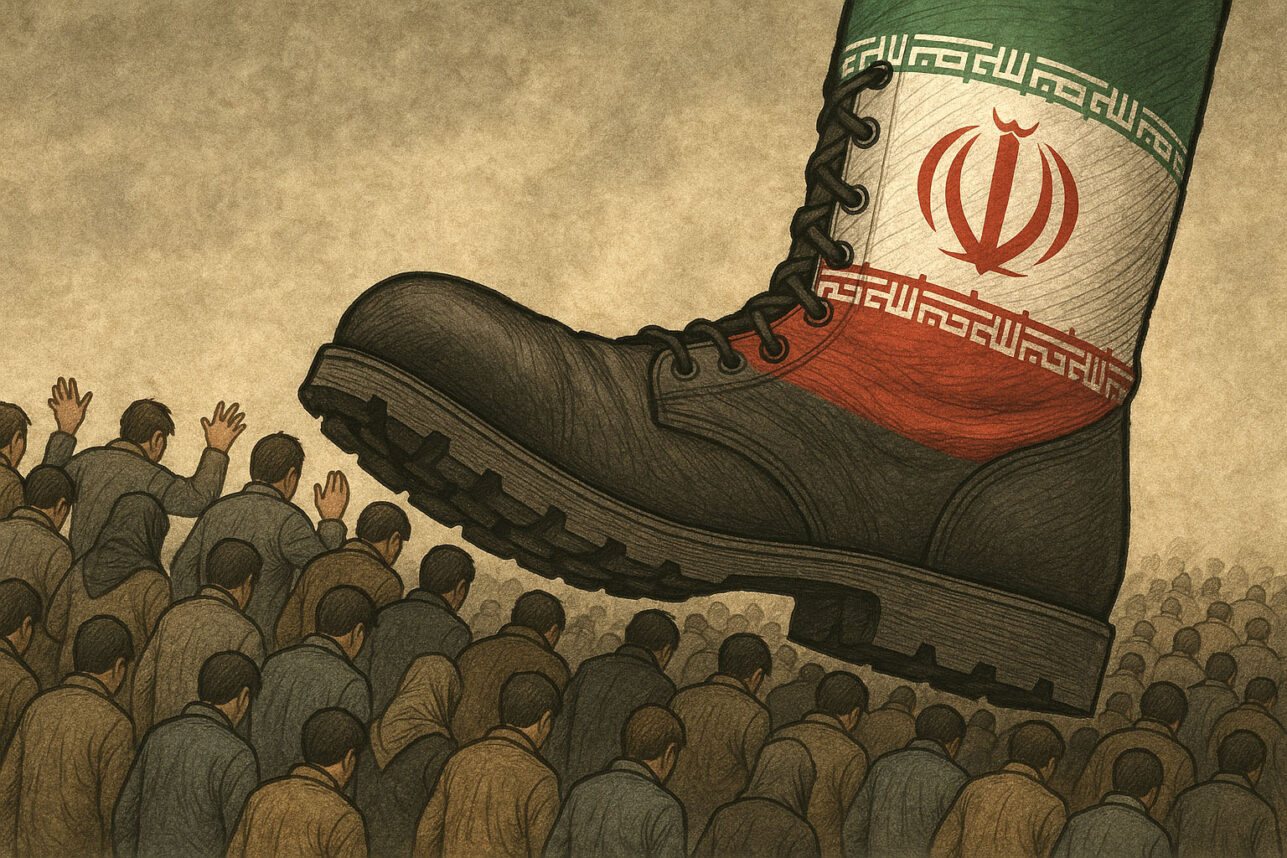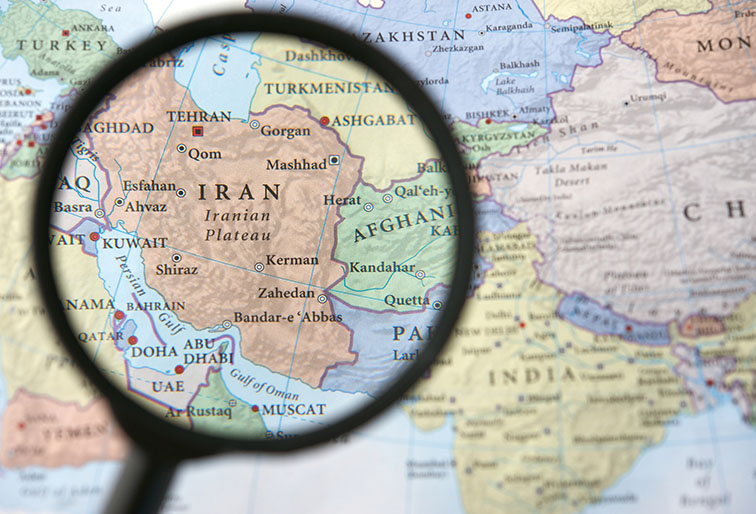In the early 1990s, when I started work as a Jewish journalist, there was a great fear in the land. Its name was intermarriage.
The 1990 National Jewish Population Survey had just been released, and its central finding — that 52 percent of U.S. Jews who had married in the previous five years had married non-Jews — greatly upset American Jewish leaders.
In the fire station of Jewish life, the NJPS set off every alarm bell and sent the firemen scrambling for the pole. Intermarriage was suddenly an existential emergency. Agencies developed outreach programs to bring young Jews together, a thousand committees blossomed to find solutions, a million words were spilled addressing the problem, and hundreds of millions of dollars were raised and spent to help Jews marry Jews and draw Jews into organized Jewish life.
The dark twin of the threat of “the intermarried” was the bogeyman named “the unaffiliated.” If the Intermarried frightened Jewish leaders, the Unaffiliated flabbergasted them. Who are these Jews walking around with no desire to take part in Jewish life?
In most people’s minds, the Intermarried somehow caused the Unafilliated. The first step, so went the logic, is you bond with a non-Jewish partner, and then, inexorably, you are led father and farther from the faith and community of your ancestors. This panic always struck me as either, at best, misguided or, at worst, cynical — an over-hyped threat that kept donor dollars flowing without addressing the real issues.
In mid-January my wife, Rabbi Naomi Levy, and I spent Shabbat at Congregation B’nai B’rith in Santa Barbara as scholars-in-residence. Rabbi Steve Cohen, the congregation’s senior rabbi, told us that many of the members of the large, Reform synagogue are intermarried — many of the most active members. We saw services and lectures that were full and lively. The Hebrew school is booming, with some 200 children. In the past decade, in fact, Jewish life in Santa Barbara has grown, not shrunk.
How does that square with the doom and gloom of the NJPS survey?
I’ll tell you how: Very few people in this world want to be “nothing.”
“Ever more people today have the means to live,” wrote Viktor Frankl, “but no meaning to live for.”
We humans are hard-wired to yearn for meaning. We want community. We are hungry for wisdom. And we really need help raising our children.
If we create Jewish institutions, homes and lives that offer meaning, education, direction and community, we will always find takers.
For many years, organized Jewish life neglected this. That left a generation that was unaffiliated because it was unmoved. The unaffiliated are really the un-fulfilliated.
If we must worry — and we Jews must, it seems, worry — let’s worry about making ourselves, our families and our institutions reflect the best of Jewish values. That’s what draws Jews—and the world—to Jewish life.


































 More news and opinions than at a Shabbat dinner, right in your inbox.
More news and opinions than at a Shabbat dinner, right in your inbox.